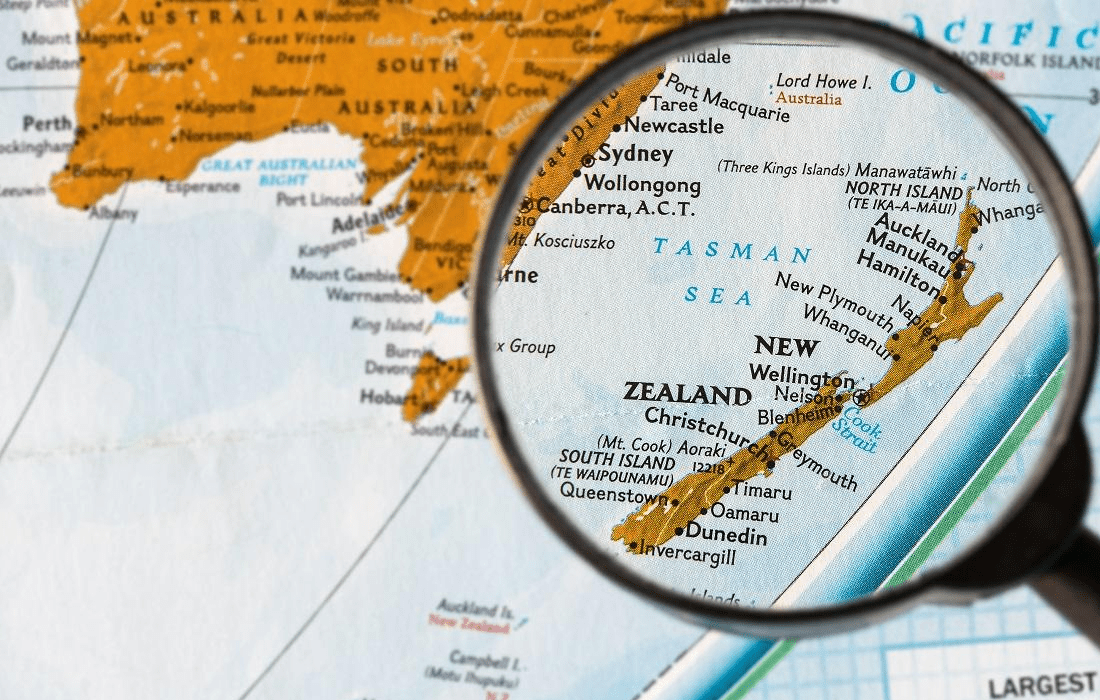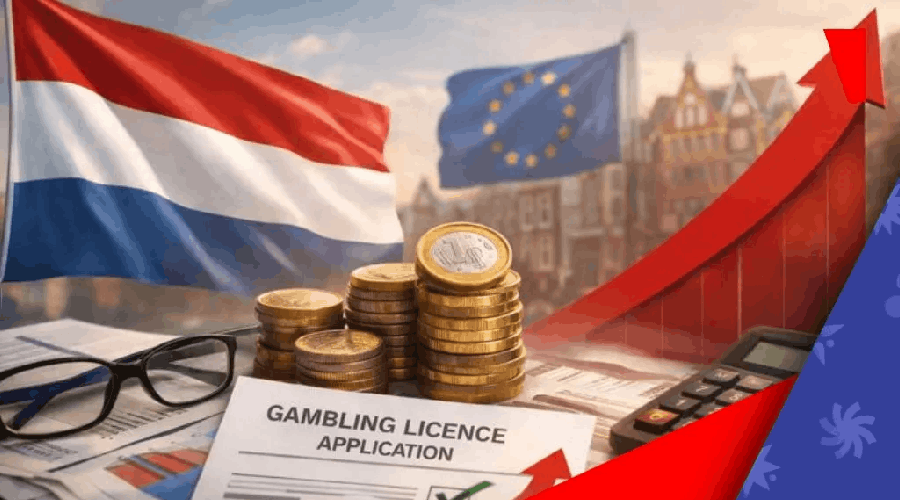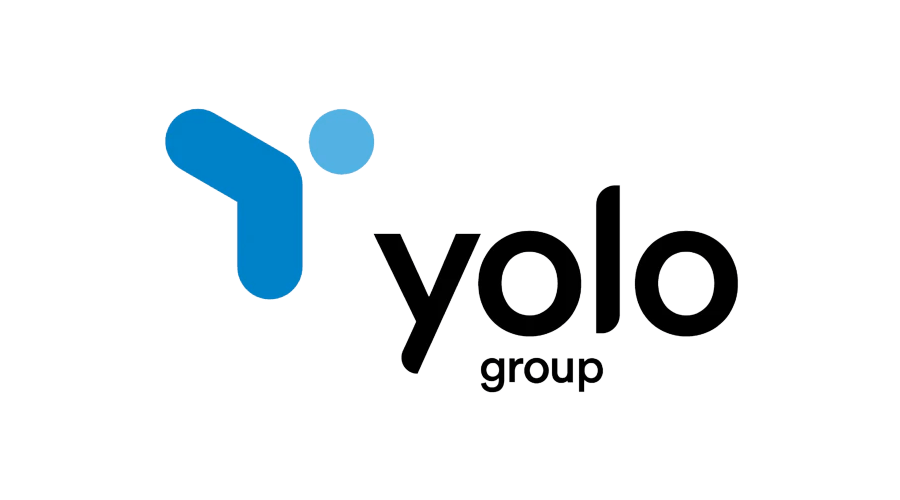What You Should Know About New Zealand's Online Gambling Laws

Gambling is thought to have existed in various ways in practically every society since the Paleolithic era and is one of mankind's oldest past times. Additionally, as is typically the case, attitudes about gambling have gradually changed through time. After being stigmatized for a very long time, gambling is now largely accepted as a form of entertainment.
The truth is that gambling is one of the greatest and most lucrative enterprises in the world. Of course, there are exceptions, and there is still some stigma attached to it. Additionally, many types of gaming are now widely available on an unprecedented scale thanks to the Internet. One study predicts that by 2026, the worldwide gambling sector would be worth US$876 billion.
The iGaming market has operators from several nations, and despite their superficial resemblance, each country has its own laws and regulations, which vary greatly. Knowing the laws is more crucial than ever, especially given the speed at which the online gaming market is expanding. Here, we'll go over some of the important guidelines that apply to New Zealand's online casinos, including those recommended by the professionals at kiwigambler. But first, a brief explanation of the nation's built environment.
Brick and mortar in New Zealand
Few land-based casinos are available to New Zealanders, or "Kiwis," as they are affectionately known; there are now only six licensed establishments operating in the island nation, which has an estimated population of 5,124,100. And of the six, SkyCity Entertainment Group (SKC.NZ), based in Auckland, owns four, including one in each of Auckland, Hamilton, and Queenstown.
Christchurch Casino launched its operations at the Oceana nation's first casino in 1994. In contrast, the privately owned Grand Casino Dunedin opened its doors to visitors in 1999. It is housed in the former Grand Hotel, an 1883 structure with Heritage 1 designation.
Rules & Guidelines
The last land-based casino to open in New Zealand was SkyCity Hamilton in September 2022. Since the passage of the Gambling Act 2003, which amended the Gaming and Lotteries Act of 1977 and the Casino Control Act of 1990, no new casino venue licenses have been granted in the country. The Gambling Act went into effect on July 1, 2004, even though it was enacted into law on September 18, 2003.
The 2003 Act's (pdf) main goal was to "avoid and reduce the harm caused by the activity, particularly compulsive gambling," by limiting its growth. It is currently overseen by the Department of Internal Affairs and Gambling Commission. It aims to encourage responsible gambling, ensure the fairness and integrity of games, reduce opportunities for crime or dishonesty related to gambling, make sure that gambling proceeds benefit the community, and encourage community involvement in decisions about the provision of gaming. Some forms of gambling are permitted under the law, while the rest are prohibited.
Initially, the Act only applied to brick-and-mortar casinos and bookmakers; however, as the popularity and accessibility of internet gambling increased, some small changes were made, but the Gambling Act of 2003 mostly remained unaltered.
Publicly owned monopoly
Since Lotto NZ's May 26, 2008 launch of MyLotto, the New Zealand Lottery Commission (NZ Lotteries), which was founded in 1987, has been conducting online lottery sales. Players of chance games like Lotto, Keno, and Bullseye have an option to the conventional retail shop thanks to the internet sales channel. Only the government-owned company has been granted a license to operate internet casinos and gambling sites in New Zealand. The Racing Act of 2003 permits TAB (Totalisator Agency Board) to offer online betting through www.tab.co.nz, the exclusive betting website in New Zealand.
The only two organizations allowed to offer internet gambling to New Zealanders are NZ Lotteries and TAB.
It is legal for residents of New Zealand to engage in online gambling, including sports betting, online casino games, mobile pokies, housie, and poker, provided the website is located outside of the country, as there is no specific legislation that forbids their access. This is because the prohibition only applies to remote interactive gambling in New Zealand. As a result, neither the operator nor the player face any consequences. While New Zealand welcomes offshore gaming, the country has severe anti-advertising laws that apply to companies that offer services abroad. Violators face significant fines.
Zero Winnings Tax
Gambling is still regarded as a recreational activity in New Zealand, not just an additional source of income. This may be the reason why none of the earnings from real money online casinos or sports betting through sportsbooks are subject to taxes, even if they were earned outside of the country. Unless you're a professional poker player and your wins make poker your sole or main source of income, you aren't required to pay taxes on them.
Are online casinos legal in New Zealand?
The quick response is YES!
In conclusion, the Gaming Act of 2003 and any subsequent, if minor, revisions regulate all forms of gambling in New Zealand. The minimum age to purchase scratch cards, play the lottery, wager on sports, and attend horse races in the nation is 18, but the minimum age to enter a land-based casino is 20.
Any and all forms of gambling that fall beyond the purview of the 2003 Act remain outlawed or unlawful. New Zealanders are, however, free to participate in online casinos, gambling sites, and sportsbooks offered by operators or businesses based in other nations without having to worry about running afoul of any national laws.
It will be interesting to see how the rules and regulations governing those associated firms in the country alter over time, given the current situation of the New Zealand online casino market and the dynamic and quickly evolving gambling environment.




